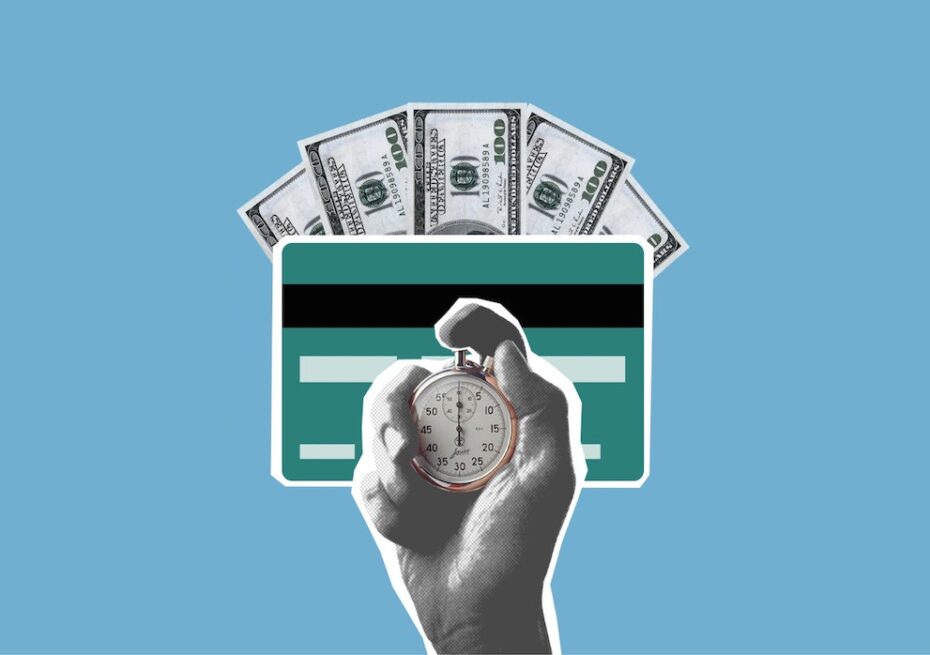This Simple 1% Spending Rule Could Save You Thousands

This piece of savings advice is specifically for compulsive buyers though the rule could apply even to the most budget-conscious readers. But it is especially worthwhile for those who spend too much money.
Glenn James, hosts of one of Australia’s top finance podcasts, “My Millennial Money,” shared this simple spending rule with the host of “Popcorn Finance,” Chris Browning.
James came up with the rule after impulsively buying a $1,300 Apple Watch he really didn’t need.
“It was a problem because when I woke up that morning, I wasn’t planning to buy a watch that cost over a thousand dollars,” James explained, labeling himself a “compulsive spender.”
James’ rule is called the 1% spending rule, and it’s pretty simple to understand. If you want to buy an item, but it costs or exceeds 1% of your annual gross income, you have to wait one day to make the purchase.
James explains that during those 24 hours of reflection, you’re obligated to ask yourself these questions about the purchase. “Do I really need this? Can I afford it? Will I actually use it? Will I regret it?”
If 24 hours pass and you’ve told yourself, “yes, this is a good purchase,” then go ahead and buy the item.
The Australian finance host explains that the rule might be different for people earning more or less than $200K per year.
James suggests this 1% spending rule for anyone making under $200K a year.
“For super high earners, 1% of their annual pay may set a limit amount that’s too high.”
The podcast host also suggests lowering the percentage if your income falls well below the $200K cap.
“Then again, 1% may also be too much for low earners. In that case, James suggests setting a smaller cap: ‘You could change it to the 0.5% rule. Whatever the percentage, it should make sense based on your financial situation, needs, goals, and priorities.’
Personally, I don’t believe the percentage is the most important part of the equation. The delayed purchase is really the key to saving money. On more than a few occasions, I’ve talked myself into and out of purchasing items on the same shopping trip.
The crucial component is being honest about the practicality of the purchase.
James concludes, “the 1% rule is more like a mental checkpoint. A reminder to think before acting, establish boundaries and identify trigger points.”
[via CNBC]